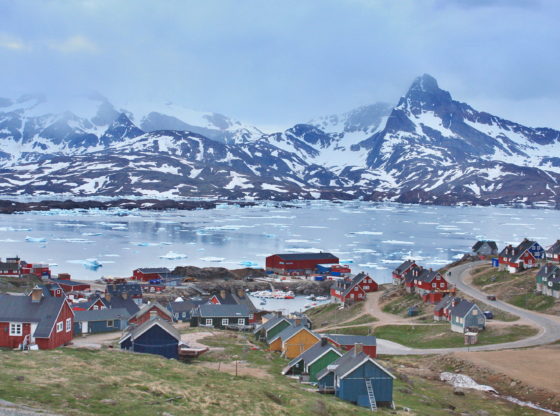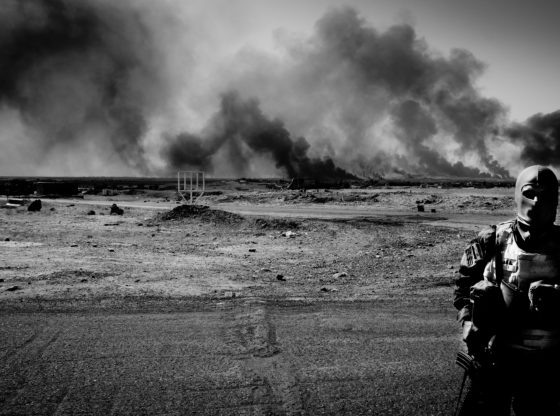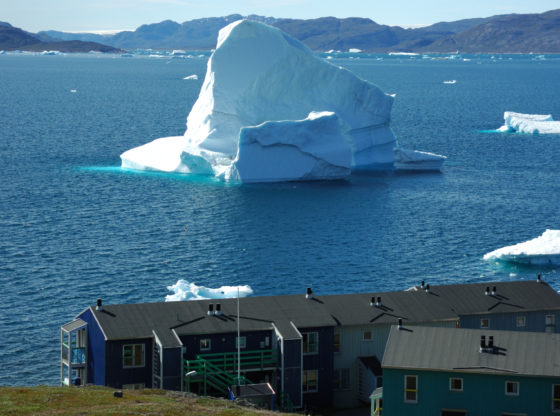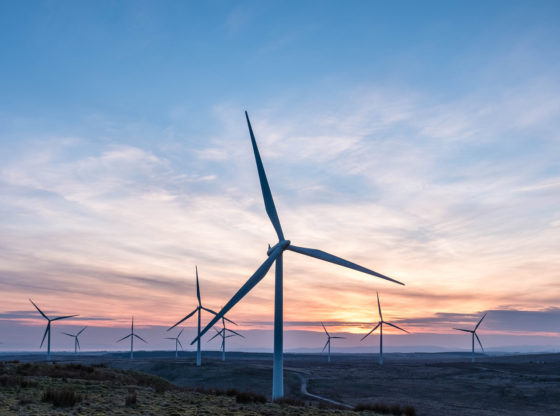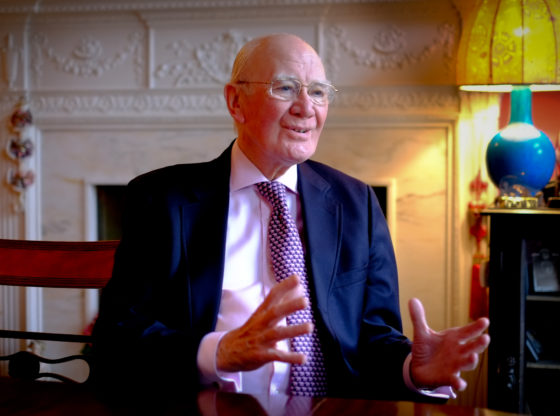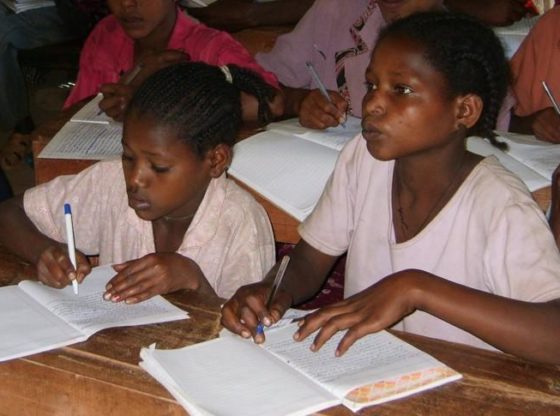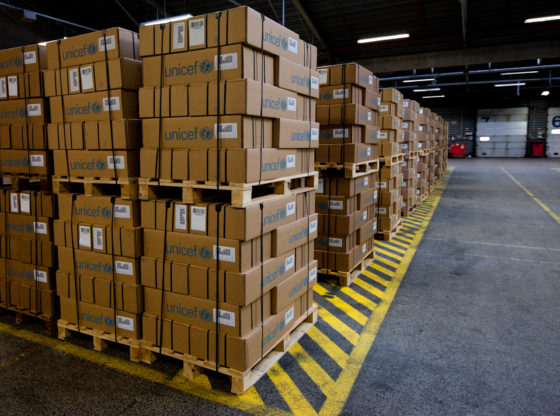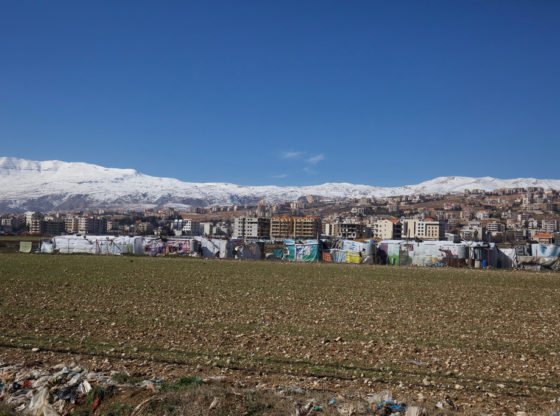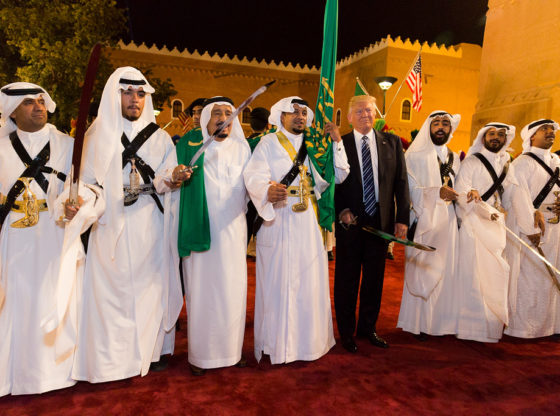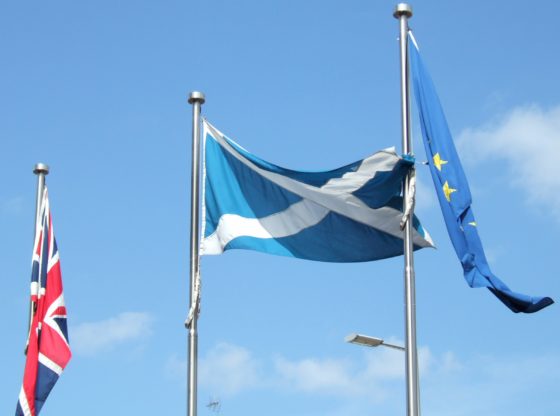The European Union recognises that it has a key role to play in steering the states of the Western Balkan region towards stability, democracy, and EU membership. Lindsay Mackenzie argues that Brussels must reinvigorate its efforts if progress on this issue is not to slide and the EU’s own reputation is not to be damaged.
When the European Union (EU) celebrated its 60th anniversary in Rome at the end of March, the group displayed a united, if not forced, optimism. Signing an updated declaration on the Capitoline Hill, the European Commission’s Jean-Claude Juncker spoke of restored confidence within the bloc. Italian Prime Minister Paolo Gentiloni was similarly upbeat: “The Union is starting up again… and has a vision for the next 10 years,” he said. The reality is a little more ambiguous. While there is much for the EU to celebrate, many internal and external challenges remain, some of which are fundamental to the bloc’s future. These challenges range from the Eurozone and defence, to the rise in illiberalism we have witnessed in some member states. In this sense, the last few months have offered an opportunity for reflection, a time to take stock of what the Union has achieved and what it hasn’t.
One issue worthy of attention is the Western Balkans region. The EU continues to make familiar commitments to eventual membership for states within this region; those states continue to express their aspirations to join. But this two-way narrative belies a strange disconnect. The EU has led a distant and distracted campaign of engagement with the Western Balkans. The region has slumped into a crisis of democratic stagnation and backsliding. In the EU’s absence, Russia has carved out a limited but noticeable role for itself; gifting weapons and playing up traditional Slavic histories. What exactly is happening in the Western Balkans at this point? And what does Brussels have to do in order to retrieve a situation it has let slip?
AN UNSTABLE REGION
In the aftermath of the Balkan wars of the 1990s, the EU recognised it had a key role to play in security stabilisation and reconciliation, ultimately by providing a path for countries to join the union through meeting reform goals and other responsibilities. Croatia joined the EU with much fanfare in 2013. A year later, Albania joined Macedonia, Montenegro and Serbia as candidate states. In 2015 Kosovo signed a Stabilisation and Association Agreement. Yet when EU Foreign Policy chief Federica Mogherini visited the region in March of this year, she left with profound concerns. “The Balkans can easily become one of the chessboards where the big power game can be played,” she said. At an EU summit the same month, European Council President Donald Tusk remarked that external influences were inflaming divisions. This kind of language is not entirely new. Discussion of the Balkans, whether within institutions or the media, tends to go through intermittent cycles. The current crises across the region, however, have been particularly turbulent.
Montenegro is still recovering from a coup and assassination attempt on the eve of last October’s election. In May, the chief prosecutor presented an indictment that accused opposition politicians, Serb nationalists and Russian intelligence agents of being behind a plot to seize the parliament, kill Prime Minister Milo Đukanović, and end NATO accession. Montenegro became an official NATO member in June but the country remains divided over joining. The opposition, who continue to accuse the government of fabricating the plot for political ends, has promised a referendum on membership.
Montenegro is still recovering from a coup and assassination attempt on the eve of last October’s election.
Macedonia finally got its new government in May. The President had previously refused to approve the coalition after a December snap election. As members of the old ruling party stirred up ethnic tension, masked men waving Macedonian flags stormed the parliament in April, attacking journalists and opposition MPs. The new government has said it will bring stability to the country after two years of crises. There are positive signs already. This comes after a 2015 wiretapping scandal exposed extraordinary abuses of power by the former administration. A string of new corruption probes have opened against many of those involved.
Bosnia-Herzegovina remains institutionally weak. Last September the semi-autonomous region of Republika Srpska, one of the country’s two constitutional entities, held a referendum to decide whether to celebrate its national day on January 9th (the day of an independence proclamation in 1992 that steered the region towards war). The constitutional court ruled that the vote would be discriminatory and illegal. It was held anyway. The President of the region, Milorad Dodik, has stoked nationalism in an attempt to counter his own unpopularity. The President wants a vote on secession by 2018.
Relations between Serbia and Kosovo have also deteriorated. At the start of 2017, Belgrade decided to send a train covered in nationalist slogans, including ‘Kosovo is Serbia‘, to the ethnically divided town of Mitrovica in northern Kosovo. In a dangerous piece of political theatre, the train stopped before the border – but not before the incident whipped up some hostile rhetoric. Aleksandar Vučić, then the Serbian Prime Minister, said there would have been war if he hadn’t stopped the train. Serbia’s President threatened to send in troops. Kosovo then accused Belgrade of attempting a Crimea-like annexation of the country.
BACKSLIDING AND BALANCING
While the regional instability should not be underplayed, one should caution against indulging in too much war-like rhetoric. Too often, we become convinced by unhelpful stereotypes – seduced by talk of ethnic conflict and the return of the 1990s. Such language may provide an enticing headline, but it does little else. Many of the recent outbursts have been manufactured by politicians dealing with their own domestic politics and working to boost their own flagging popularity. The current crop of leaders are more interested in balancing competing actors and consolidating power at home than taking their countries to war. In the long run, the biggest threat is not ethnic conflict but democratic stagnation.
The blame for this lies neither solely with the EU or with individual Western Balkan states – it has been a joint failure. The current situation is the accumulation of years of incoherence in EU policy towards the Western Balkan region. For too long, Brussels has relied upon a series of superficial relationships under the guise of maintaining regional stability. Balkan leaders have perfected the balance of paying lip service to the EU – embracing it in principle – while ignoring many of its core values at home.
The current situation is the accumulation of years of incoherence in EU policy towards the Western Balkan region.
Indeed, the EU has become distracted and complacent. With a myriad of crises facing the union, short term priorities have determined its focus and interests. When the EU hasn’t been preoccupied with internal issues, it has sought solutions to threats on its borders. This has allowed the current crop of Balkan leaders to politicise their own EU accession processes, consolidating power not just through patronage, media influence and corruption, but also by presenting themselves as strategic necessities in solving some of the EU’s current travails. Whilst he was serving as Prime Minister of Macedonia (his tenure ended in January 2016), Nikola Gruevski was seen in Brussels as playing a key role in shutting down the Balkan migrant route. Austria’s Foreign Minister even spoke at an election rally in support of Gruevski’s party. Little was said about the harsh tactics which were employed in shutting the route, let alone Mr Gruevski’s increasingly authoritarian rule. Prime Minister Milo Đukanović has been congratulated for taking Montenegro towards NATO and the West, snubbing Moscow and giving the alliance key strategic access to the Adriatic Sea. Yet his 20 years in politics saw him accumulate a disproportionate amount of power and wealth. The investigative journalist network OCCRP once named him their criminal of the year.
Then there is Serbia. Aleksandar Vučić has been lauded as one of the great success stories of the Balkans. Once a ultra-nationalist serving under Slobodan Milošević, he now positions himself as the only politician able to steer his country towards EU membership. With an overwhelming victory in April’s presidential election, he has cemented his position within Serbian politics. He has also perfected a balancing act between the West and Russia. On the one hand, Mr Vučić will sit with the German Chancellor Angela Merkel and talk region stability, even carry out military exercises with NATO. On the other, he accepts tanks, fighter jets and armoured vehicles as gifts from Moscow. Last month, Serbia took part in ‘Slavic Brotherhood’ military drills with Russia and Belarus on the Polish border.
Mr Vučić is no Kremlin puppet – but neither is he fully committed to the EU. For now, his geopolitical balancing is proving fruitful; squeezing whatever possible from those who seek influence in the region. If the EU continues to reward those who play a double-game, there will be few incentives for those players to change. Indeed, questions continue to be raised about everything from press freedoms to judicial independence and corruption in Serbia. In the aftermath of April’s presidential election, thousands took to the streets in protest against Mr Vučić. Many of those marching were young and pro-EU. For now, they still associate the bloc with democracy, rule or law and political transparency. But the EU risks losing their support, and wider credibility, if it doesn’t readdress its approach. It won’t have long. Serbia is facing a serious emigration problem, particularly amongst the young and educated. To make matters worse, the recent election saw a turnout of barely over 50%. Nearly 10% voted for a comedian and satirist, running as a protest against the current political class. The prospect of further disillusionment and disenfranchisement is very real.
REBOOT AND RESET
While the EU had once seen its role as steering the Western Balkans towards fulfilling membership, the relationship now resembles a rhetoric-heavy maintenance of the status quo. This risks pushing the region into a strange strategic limbo of ‘managed democracies’. The EU has relied too much on surface-level incentives. Simply reaffirming that the Western Balkan countries will eventually join the EU is no longer enough. The EU needs to reset the relationship.
The EU has relied too much on surface-level incentives. Simply reaffirming that the Western Balkan countries will eventually join the EU is no longer enough. The EU needs to reset the relationship.
Brussels cannot be expected to carry the Western Balkans region over the line by itself. But it must do all it can to help nourish democratic change. This means it can neither walk away, nor allow the current mode of engagement to continue. No longer can the ignoring of EU values by the political leaders of the region be overlooked in Brussels to serve short-term EU interests. The EU and its member states will need to be direct, even blunt in how they reset the agenda: it must be made clear that EU accession cannot be used as a tool for domestic political gain or geopolitical bargaining. Nor can politicians consolidate power through presenting themselves as strategic necessities to broader EU and Western policy agendas. Brussels must apply more pressure when it comes to media freedoms, judicial independence, rule of law and corruption. It must also reassess how to make its work in the region more visible to civil society. Polling suggests that many people in the region think that Russia is a top donor country when in fact it doesn’t make the top five. Finally, the EU must push harder for a meaningful regional commitment from the United States. Brussels must ensure that the Trump administration understands that good governance and institutional reform need to be encouraged in the Western Balkan region, not just military cooperation.
Much has been made of Russia’s increased influence in the Western Balkans. In many ways, this has been overplayed. Moscow has gifted military equipment, stirred ethnic tensions and taken advantage of local grievances and instability. But the reality is that Moscow has little to offer. EU shortcomings explain the increased Russian activity in the region better than the successful roll-out of any specific Kremlin plan. Moscow has more interest in probing Western commitments than building long-term relationships or regional stability. Brussels still holds the financial and cultural carrots. It also continues to be the main trading partner and supplier of aid. For much of the region’s youth, the dream is to live in a European capital like Berlin, not Moscow.
The promise of EU membership has played a significant role in incentivising change in the region; the accession process is widely recognised to transform countries for the better. In short, there exists a strong platform to further strengthen relations between the EU and Western Balkans, and ample time for all sides to to make good on previous promises. The futures of the EU and the Western Balkans are intertwined. Much of what happens in one will affect the direction of the other. Without change, the latter risks drifting toward stagnation. Its populations will continue to suffer. The EU should act now - and decisively. Not only to help build long-term regional stability in the Western Balkans, but also for the sake of its own reputation as an organisation which defends democratic values.
Lindsay Mackenzie is a European security analyst specialising in Russia. He writes regularly in the national media on this subject area. Lindsay works with the Scottish Global Forum and with Cable. He is on Twitter at: @l_pmackenzie
Featured photo: The sitting of the Western Balkans Conference in Vienna, 2014. By: Dragan Tatic [CC BY 2.0]

